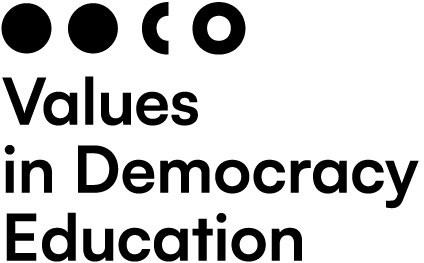Values in Democracy Education: European University Cooperation in Teacher Education for „Democratic Values Education in Primary Schools”
The project answers to the need to strengthen democracy education in primary schools on the level of initial primary school teacher education. It serves to enhance future teachers’ competencies to deal with social, cultural, religious and hence values diversity in the classroom and foster democratic values at the same time.
Values are regarded as crucial psychological resources, used to foster attitudes, guide decisions and take actions. Their implication of ethical normativity strongly requires critical thinkers. Critical thinking helps us uncover our assumptions and understand opposing viewpoints. School shall help pupils to be inquisitive and ask questions, develop scientific and critical thinking and act with ethical awareness.
For this target three university departments of pedagogic science and three local NGOs are going to work together and design a substantial and innovative, long-lasting cooperation.
In a three-year implementation-period a student exchange between the three European Universities (University of Education Weingarten/Germany, Pedagogical University Krakow/Poland and University of Agder/Norway) shall be set up for further continuation.
Inspired by the idea of a „Global Ethic” (Global Ethic Foundation, Tübingen), enriched by educational concepts for peace and human rights (Arkivet, Norway) and complemented by the vision of harmony in a democratic society (Centrum Edukacji ProHarmonia, Poland) the program is intended to shape the students’ competencies on values education in primary schools using a multilevel approach.
The teacher student training will consist of workshops, visits to the project-partners and practical insight into primary schools in each nation. The participants are to collaborate with students from the partner universities on questions of educational science regarding democratic values education.
The output of the program will comprise a detailed exchange course description and a collection of didactic material ready for use in primary schools.
The project will also be matter of two research interests: (1) What national curricular and strategic differences in values education policies can be found? (2) In what respect do the students show changes in beliefs, attitudes and competencies regarding values education in due course of the exchange program?


